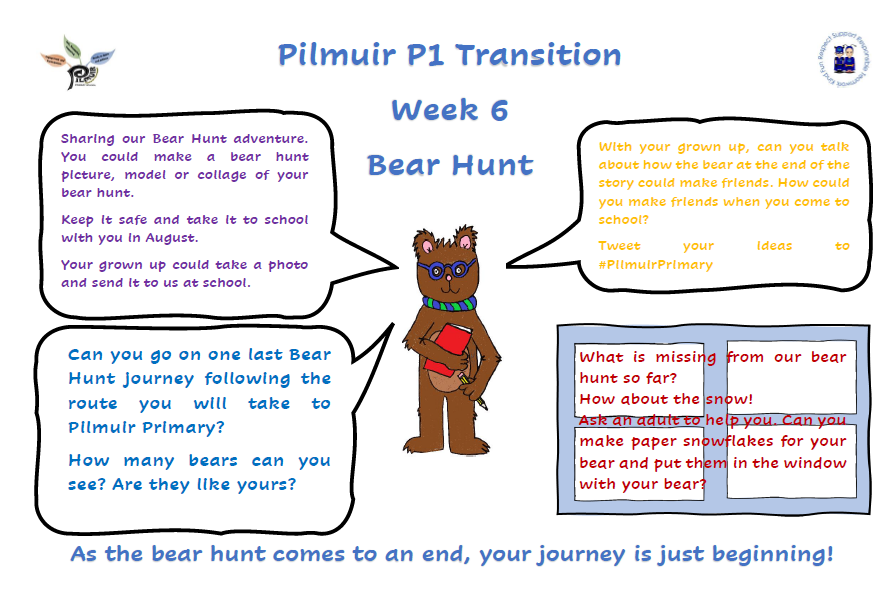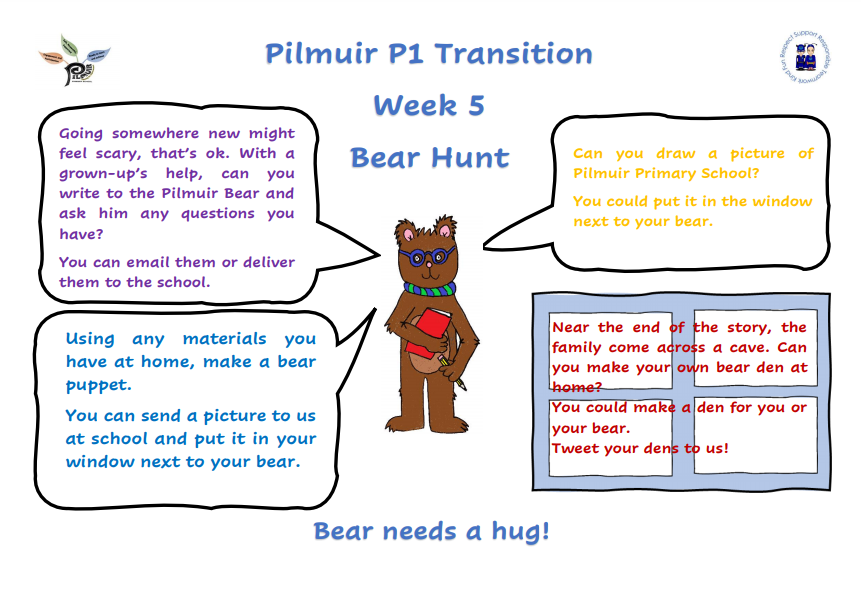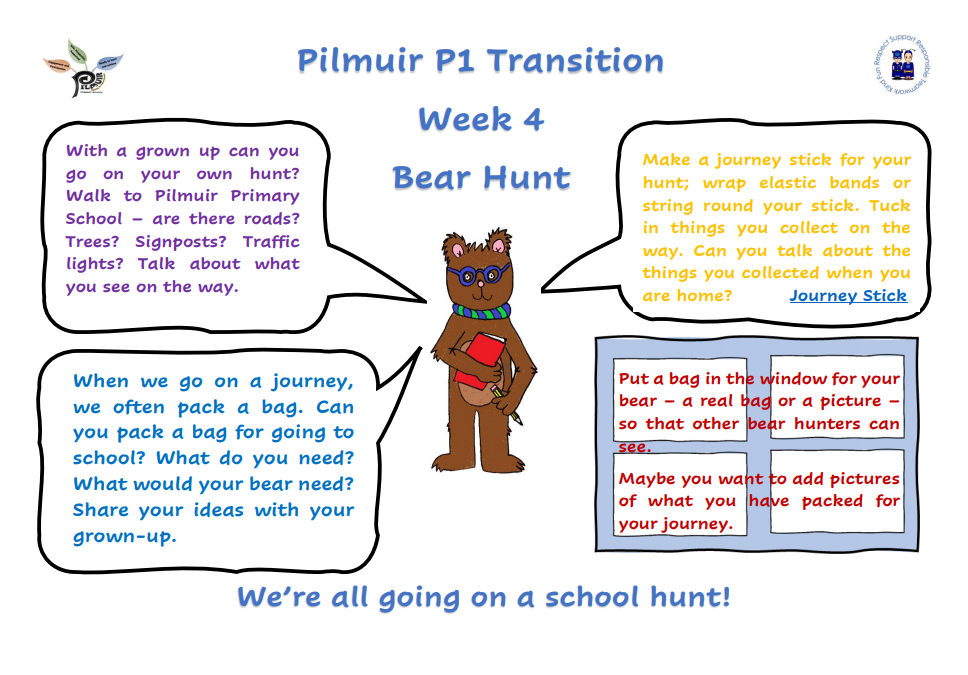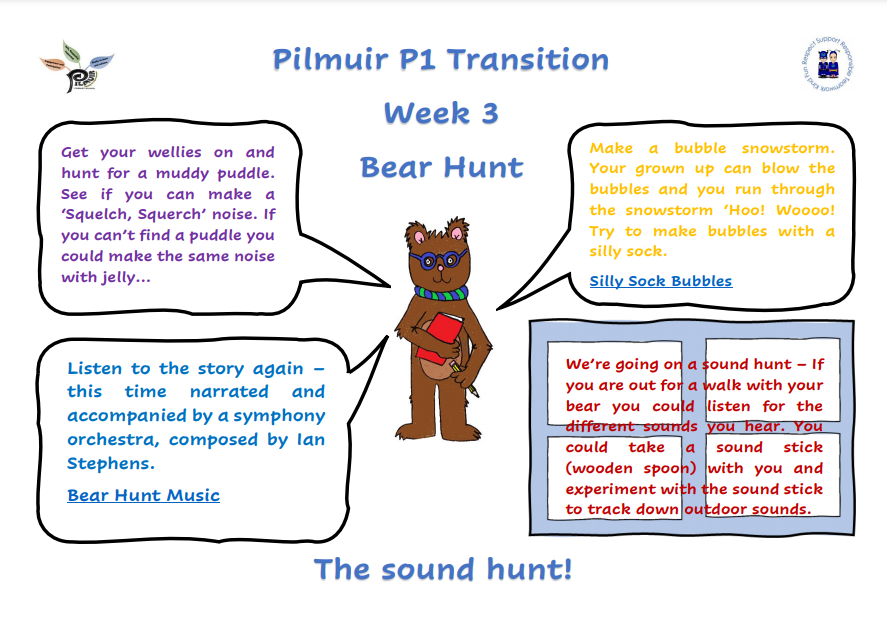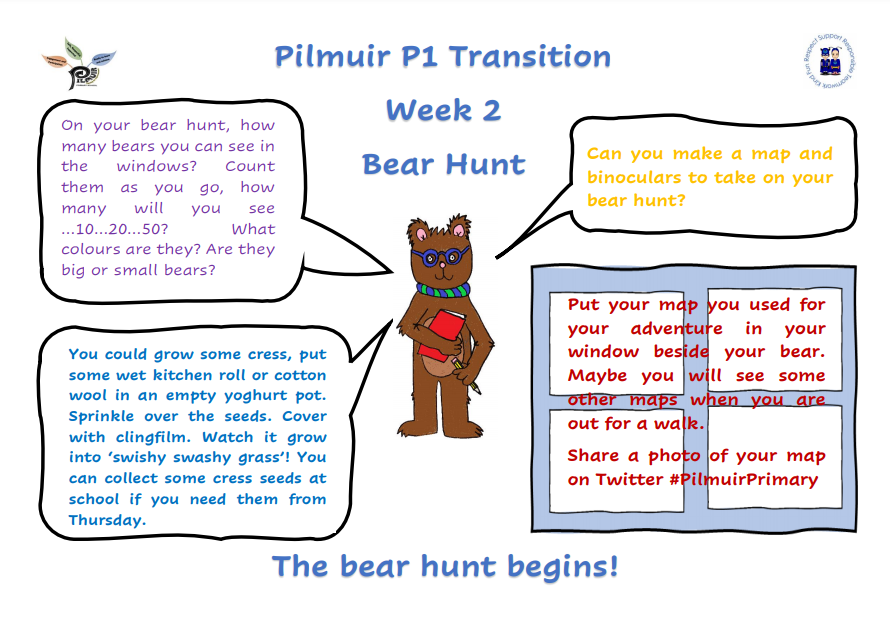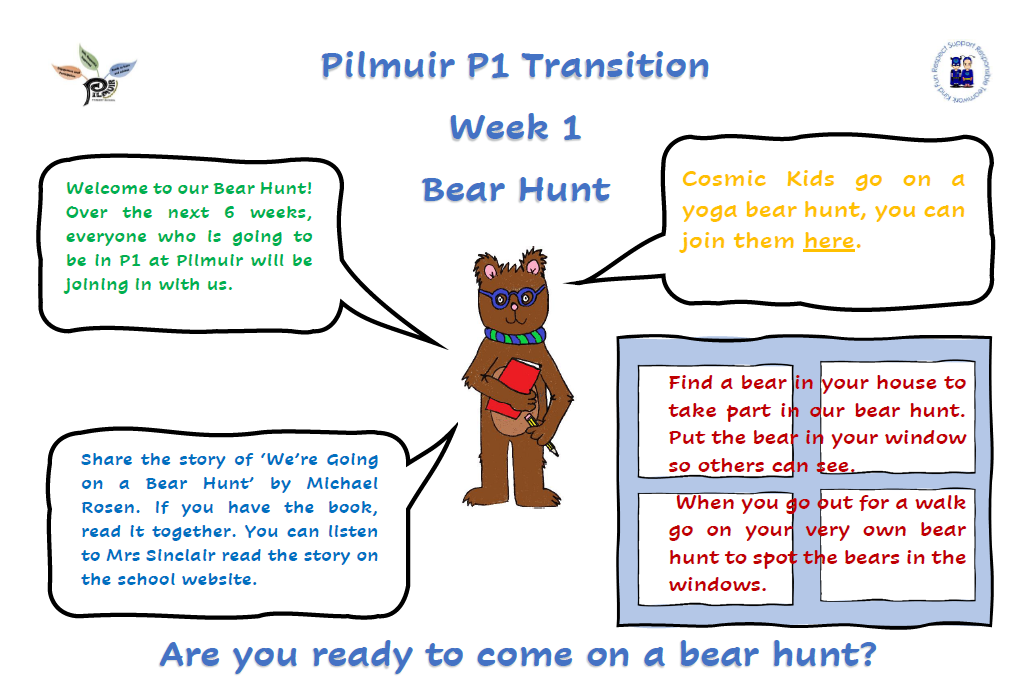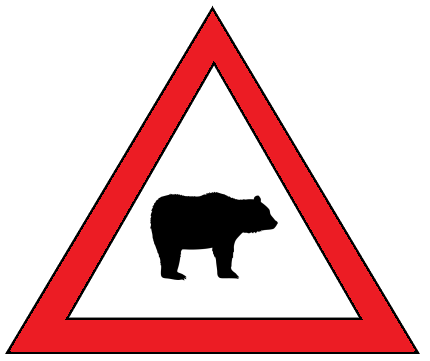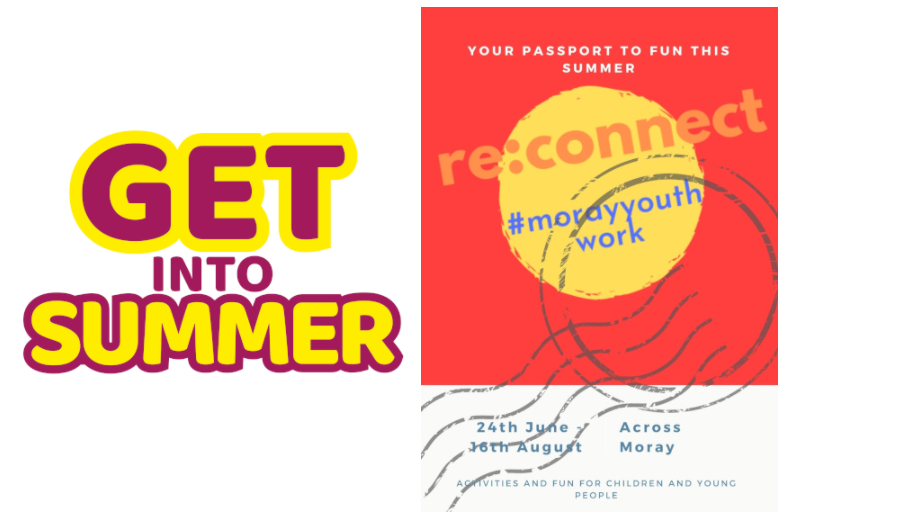
Get into Summer is a Scottish Government supported initiative to help children, young people and families have fun, socialise with their peers and reconnect with their communities throughout the holiday period
There are lots of activities on offer from council services, local clubs and communiy groups. Click here to be taken to the activities list.
The Active Schools, Sports and Physical Activity Opportunities programme for Moray can be accessed by clicking here. This programme is in addition to the activities shown below.
Keep checking back for further details as we’re working with our partners to bring you even more fun activities.

